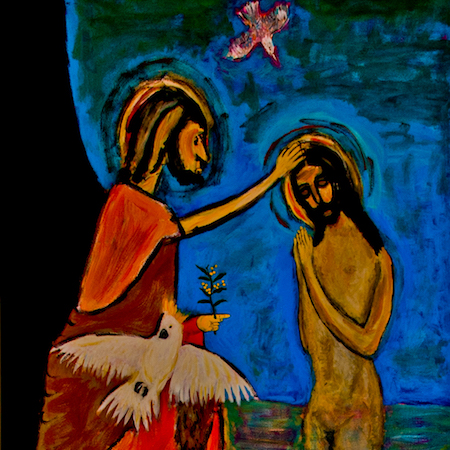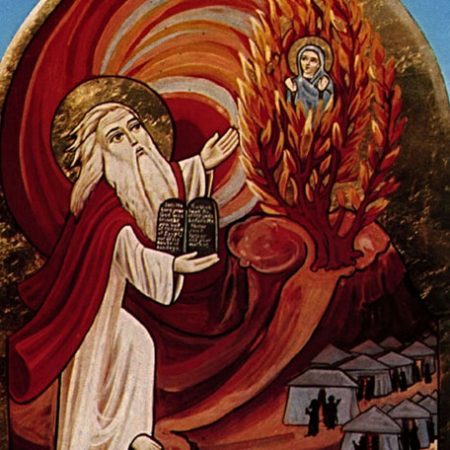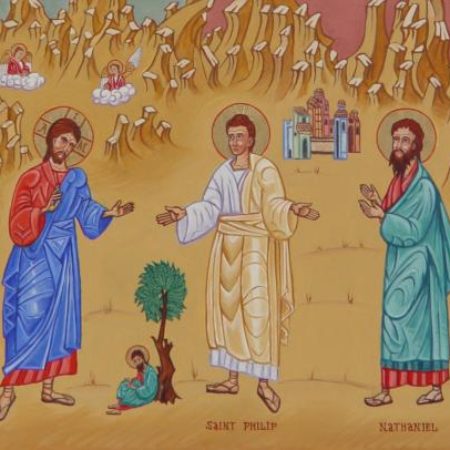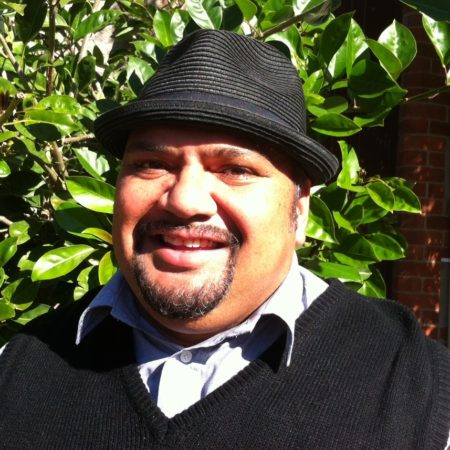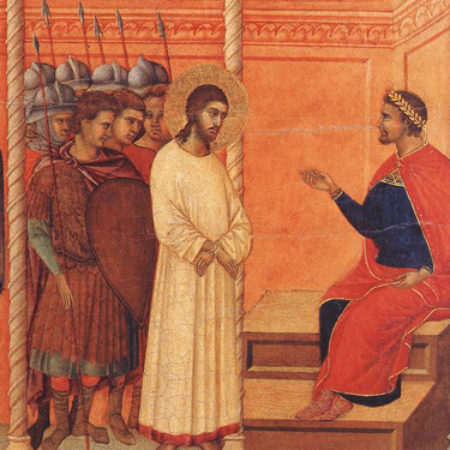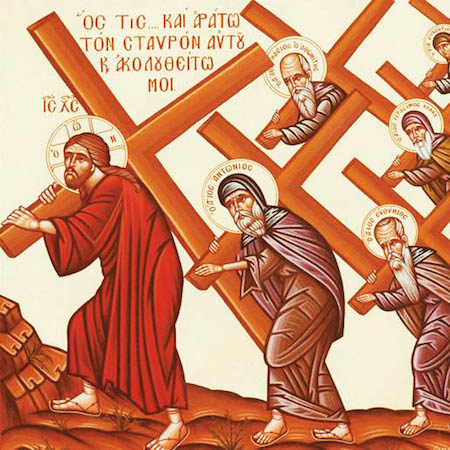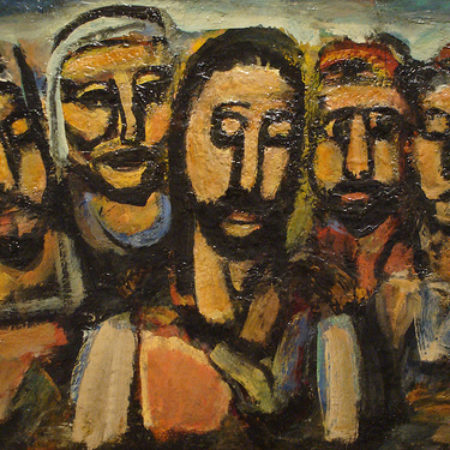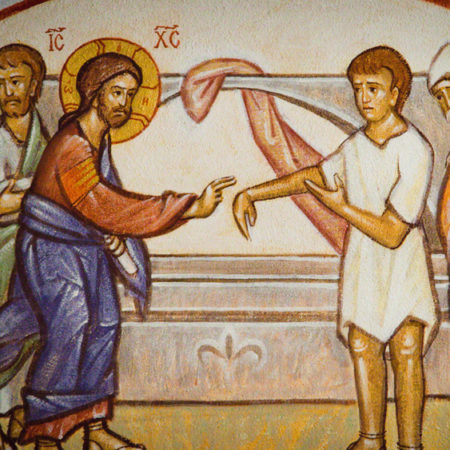In an increasingly polarised world, championing the radical love and mercy shown by Jesus is likely to bring hostility from all sides.
Sermons on Identity
Discovering who we are called to be is an ever-evolving journey as we follow Jesus in changing circumstances.
Many parts of the Bible can be and often are weaponised as tools of oppression, but when we read it critically, with and through the teachings and example of Jesus, it calls us to liberation and life.
Our true identity is only found when we discover that it is not about us, but that we are only truly anyone in relation to the God who is everything, and who is not the opposite of anything.
The particularity of Jesus’s identity scandalises our tribal sensibilities, but our attempts to erase such details in favour of a more “universal” truth inevitably fail to convey the good news of God with us.
As important as our responses and decisions are, before we know, we are known. Before we understand, we are understood. Before we say ‘Yes’, ‘Yes’ is said to us.
God created us and set us in a network of relationships with God, with the creation, with one another, and with ourselves, and all four connections need to be maintained for health.
Jesus reinvigorates the Covenant so that his Word of liberation and life is integrated into our lives, & we can live the Covenant in a new way in the world.
In the culture of Jesus, the very conditions that create discomfort, struggle, suffering and even scorn, paradoxically are transformed into the essential ingredients to inherit and inhabit the kingdom of God.
The imminent arrival of God’s messiah asks each of us to take up the identity of witnesses who open the way for God to be known.
Outrageous love is the most obvious characteristic of Jesus, and therefore it is the one thing that will make us recognisable as his followers.
In the face of a politics grounded in nationalist arrogance and fake news, Jesus proclaims a ‘kingdom’ grounded in shared humanity and truth.
When we commit ourselves to following Jesus, we surrender all our personal aspirations and our share in the aspirations of our nation, in order that we might receive the life of Christ.
Pretending to be better than we are alienates us from God and one another. Being open and real about our weaknesses and failures open us to God and one another.
Jesus calls us to move beyond hostile identity politics, whether shaped by Sabbath keeping or #Outrage, and to welcome a new culture of love, forgiveness and welcome.
In Christ we have been given a new identity that dissolves the labels of first and two-thirds world, and invites us all to be poor.
It is in our woundedness, this woundedness we try to avoid and would rather not acknowledge, that we find our identity as the body of Christ, our identity as the church.
We shall be ourselves when we are able to surrender ourselves to Christ and say ‘not my will, but yours’.
Lent is a time to walk knowingly into the wilderness, to face the Accuser and the wild beasts that emerge when we live out our identity as God’s children.
We are a ragtag bunch, but in witnessing to God’s mercy and love, we become the people of God together.


